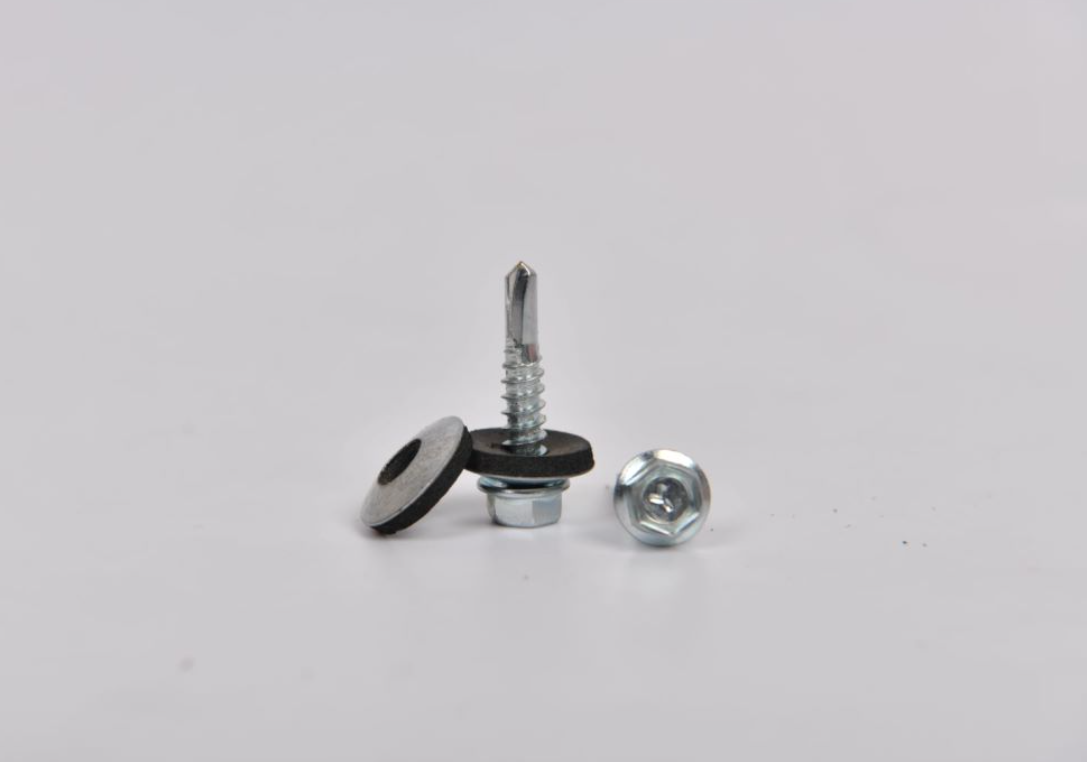Spring Washer Material Options for Your Next Purchase
Understanding the Material Choices for Spring Washers A Comprehensive Guide
When it comes to mechanical assemblies, spring washers play a crucial role in maintaining tension, absorbing shock, and preventing loosening of fasteners. Choosing the right material for spring washers is vital for ensuring their effectiveness and longevity. This article explores the different materials used in manufacturing spring washers, their characteristics, and how to make the best choice for your specific needs.
What is a Spring Washer?
A spring washer is designed to provide flexibility and resilience in various applications, particularly in bolted joints. Unlike standard washers, spring washers can compress and expand under load, helping to absorb vibrations and accommodate changes in force. This makes them essential in machinery, automotive components, and structural applications.
Common Materials for Spring Washers
1. Carbon Steel
Carbon steel is one of the most commonly used materials for spring washers, primarily due to its strength and durability. It offers great tensile strength, making it suitable for high-stress applications. However, carbon steel is prone to corrosion, so it is often treated with coatings such as zinc plating or phosphating to improve its resistance to rust and wear.
2. Stainless Steel
For applications in harsh environments, stainless steel is a popular choice. Known for its excellent corrosion resistance, stainless steel spring washers maintain their performance even in extreme conditions. Types 304 and 316 stainless steel are often used for their optimal balance of strength and resistance to oxidation. While stainless steel can be more expensive than carbon steel, the added durability often justifies the cost.
3. Alloy Steel
buy spring washer material

Alloy steels are engineered to provide superior mechanical properties. By adding elements like nickel, chromium, or molybdenum, alloy steels increase toughness and resistance to wear. Spring washers made from alloy steel can withstand higher temperatures and loads, making them suitable for demanding applications, such as in the aerospace or automotive industries.
4. Plastic and Composite Materials
In some applications, especially where electrical insulation is required or in lightweight designs, plastic or composite spring washers can be used. These materials offer resistance to chemicals and moisture, which is especially beneficial in environments like food processing or electronics. However, they typically do not provide the same level of strength as metallic washers.
Factors to Consider When Choosing Spring Washer Materials
1. Application Environment The working conditions of the spring washer—such as exposure to moisture, chemicals, and temperature fluctuations—greatly influence material selection. For example, environments prone to corrosion require materials like stainless steel.
2. Load Requirements Assess the amount of force the spring washer will need to handle. If the application involves high loads, materials with high tensile strength, like carbon or alloy steel, may be necessary.
3. Cost Budget constraints play a significant role in material choices. While stainless steel and alloy materials provide superior performance, their higher cost compared to carbon steel may influence your decision.
4. Mechanical Properties Consider the properties required for your specific application, including fatigue resistance, hardness, and resilience.
Conclusion
Choosing the right material for spring washers is essential for achieving optimal performance and longevity in mechanical assemblies. Whether opting for carbon steel, stainless steel, alloy steel, or various plastic composites, understanding the application requirements and environmental conditions will guide you in making the most suitable choice. Careful consideration ensures that your project not only meets performance standards but also remains cost-effective and reliable over time. Ultimately, investing in quality materials will lead to improved overall efficiency and safety in your mechanical systems.
-
Top Choices for Plasterboard FixingNewsDec.26,2024
-
The Versatility of Specialty WashersNewsDec.26,2024
-
Secure Your ProjectsNewsDec.26,2024
-
Essential Screws for Chipboard Flooring ProjectsNewsDec.26,2024
-
Choosing the Right Drywall ScrewsNewsDec.26,2024
-
Black Phosphate Screws for Superior PerformanceNewsDec.26,2024
-
The Versatile Choice of Nylon Flat Washers for Your NeedsNewsDec.18,2024










